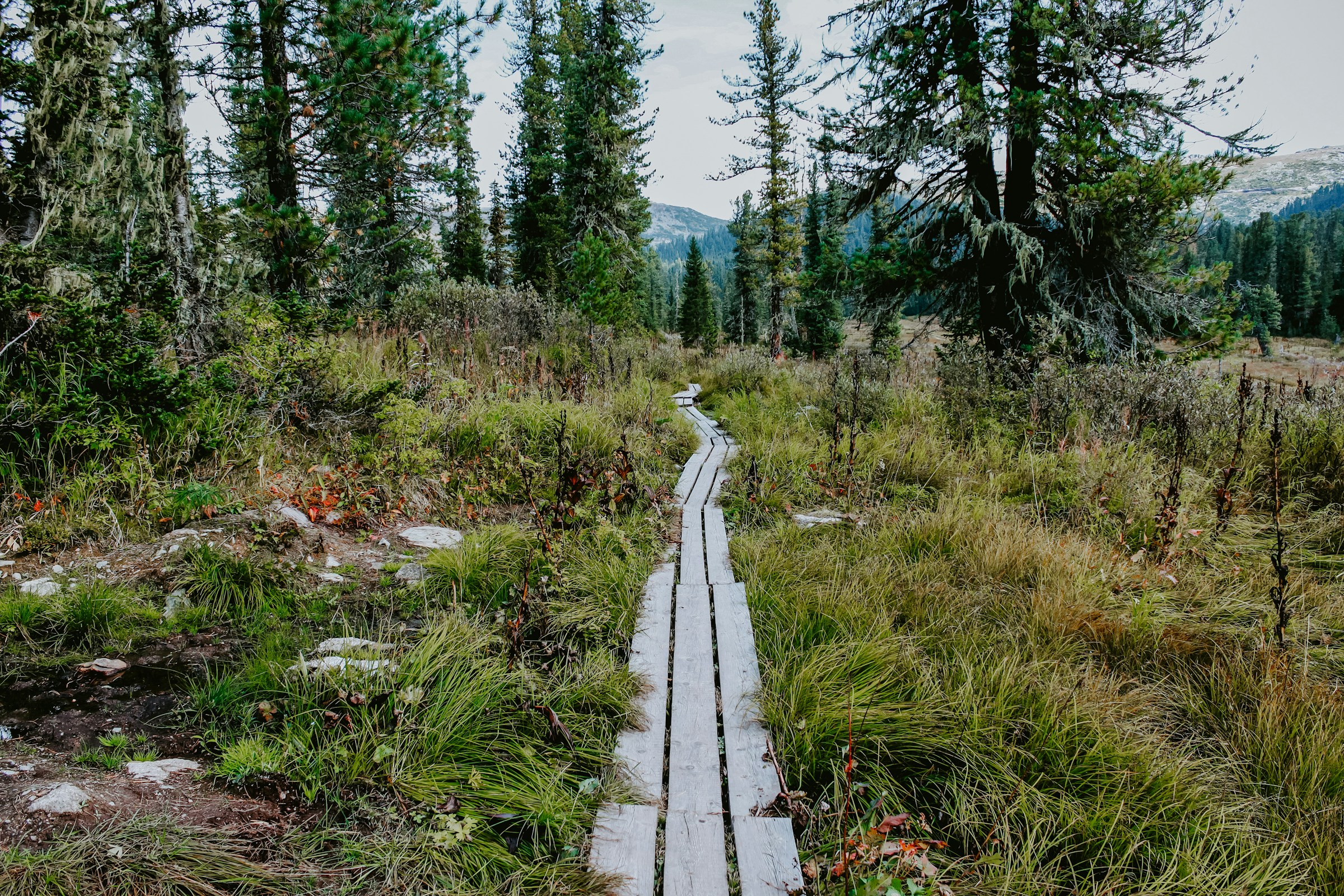What are the best times of year to visit the UK’s natural reserves for wildlife spotting?

When it comes to immersing oneself in the beauty of the wildlife and unspoilt landscapes, there's no better place than the United Kingdom's natural reserves. These reserves offer an opportunity to connect with nature, witness the diversity of species, and appreciate the harmony of life in its purest form. However, knowing the best times to visit these reserves can significantly enhance your wildlife spotting experience. In this article, we will guide you through the most suitable times of the year to visit the UK’s natural reserves for wildlife spotting.
Expansive Wildlife in Summer
Summer, which spans from June to August, is one of the best times to visit the UK's wildlife reserves. Amidst the blooming flora, the wildlife springs to life in the warm climate, offering an exciting time for nature enthusiasts.
Lire également : Which areas in Northern Wales offer workshops on slate carving?
The summer season is particularly great for bird enthusiasts. Many bird species, including rare ones, can be seen nesting and feeding their young. Reserves such as the RSPB Minsmere in Suffolk, known for its diverse bird species, become a hot spot for bird watchers.
In the woodland reserves, you'll get to witness the majestic red deer, badgers and foxes in their natural habitat. The New Forest National Park, for instance, offers a great opportunity to spot these creatures.
A lire en complément : How can tourists explore the role of British women in WWII through museum tours?
Remember, the summer time also means increased visitor numbers. So, secure your visit early to ensure the best experience.
Captivating Wildlife in Winter
While summer offers an explosion of life, winter, from December to February, paints a different picture of the reserves, one that is equally captivating.
Winter is the ideal time for spotting migratory birds that escape the harsh conditions of the north. The Slimbridge Wetland Centre in Gloucestershire, for example, becomes a temporary home for thousands of birds, including the Bewick’s swans and the White-fronted geese.
You can also catch a glimpse of the elusive otters in the UK's water reserves during this season. The reserve of Leighton Moss in Lancashire is one of the best places to view these magnificent creatures.
In winter, the stark beauty of the reserves also offers a different kind of photographic opportunity, with the dusting of snow and ice adding a unique charm.
Exhilarating Wildlife in Spring and Autumn
The transitional seasons of spring (March to May) and autumn (September to November) also offer their unique wildlife spotting opportunities.
In spring, the reserves are replete with newborn animals and blooming flowers. Visit the Woodland Trust reserves to witness the breathtaking sight of bluebells covering the forest floor.
Bird watchers can also spot a variety of migratory birds returning to the UK during spring. The Farne Islands reserve is a great place to see the puffins, razorbills, and guillemots.
Autumn, on the other hand, is a great time to witness the spectacle of rutting deer in woodland parks. The Richmond Park in London is a top spot for this experience.
Also, don't forget to enjoy the dramatic change in foliage from green to hues of red, orange, and yellow in woodland reserves. The Getty images can't do justice to the beauty you'll witness in person.
Visit during Off-Peak Times for a Quiet Experience
While the reserves are spectacular throughout the year, off-peak times offer a more serene experience.
Visiting early in the morning or late afternoon can provide quieter moments and potentially better wildlife sightings, as many animals are more active during these times.
To immerse yourself without the bustling crowd, you may also consider visiting during weekdays or outside of school holidays.
Regardless of the time you choose to visit, the UK’s natural reserves promise a rich and rewarding experience. The key is to be patient, respectful, and observant - and nature will unfold its wonders to you.
Research and Plan Your Visit
Knowing the best times to visit is only the first step. It's vital to plan and research your visit in advance for the best experience.
Check the operating hours of the reserves, as they may vary with the seasons. Some reserves may also have guided tours that can enhance your wildlife spotting experience.
Always adhere to the reserve's rules, such as staying on marked trails and not disturbing the wildlife. Remember, the goal is to observe nature in its most pristine form, without causing any harm.
Getting the right gear is also essential. Binoculars can be a boon for observing wildlife from a distance. Dress in layers as the weather can be unpredictable, and don’t forget your rain gear.
So, pack your bags, set your cameras, and get ready to embark on an unforgettable journey into the heart of the UK's natural reserves.
Marvel at the Wildlife Trust Reserves
The UK is home to an array of nature reserves managed by the Wildlife Trusts. These reserves are positioned in varied habitats, from the coasts and wetlands to woodlands and urban areas. The Wildlife Trusts take care of more than 2,300 nature reserves, providing a sanctuary for a wide range of species.
The Rutland Water Nature Reserve in the East Midlands, for instance, is a haven for bird enthusiasts. Renowned for its artificial osprey nests, the reserve offers the opportunity to see these magnificent birds in action during the summer months. At this time, one can spot the ospreys catching fish from the water to feed their young.
Meanwhile, the Woodside Wildlife & Falconry Park in Lincolnshire is home to the charming red squirrels. The best time to spot these elusive creatures is during autumn, when they are busily gathering food for the winter.
For those on the lookout for short-eared owls, the Foulshaw Moss Nature Reserve in Cumbria is a must-visit. Here, the best time to see these owls is in the late afternoon during the winter months.
These reserves often have a visitor centre where you can find maps, information on the best spots for wildlife watching, and knowledgeable staff to answer questions. Remember, it's always advised to stay on the marked trails to avoid disturbing the wildlife.
Discover National Trust Reserves
The National Trust, another vital conservation organisation, manages some of the best nature reserves across the UK. These reserves are open year-round and offer unique wildlife spotting experiences.
Beinn Eighe, the UK's first national nature reserve located in Scotland, is a prime example. Known for its ancient pinewoods and diverse birdlife, it's a haven for bird watching. The reserve is also home to the majestic golden eagle and red deer. The National Trust recommends visiting Beinn Eighe in the early morning or late afternoon, when the wildlife is typically most active.
In Northern Ireland, the Murlough National Nature Reserve is famed for its dune system and its population of butterflies and moths. The reserve is also a hotspot for bird watchers, where one can spot a wide array of species throughout the year.
Visitors to these reserves are encouraged to use the car parks provided and adhere to the marked trails to protect the delicate ecosystem. Some reserves may also offer guided tours, providing deeper insights into the habitat and wildlife.
In Conclusion
The UK's wildlife offers an unforgettable experience that you can enjoy throughout the year. Whether you choose to visit a nature reserve managed by the Wildlife Trusts or the National Trust, remember that every season brings its unique charm.
From spotting red squirrels and short-eared owls to observing the behaviour of red deer and enjoying the spectacle of bird watching, the UK's natural reserves have something for everyone.
To ensure the best experience, remember to plan and research your visit in advance, respect the rules of the reserve, and be patient. The key to an unforgettable wildlife spotting experience lies in being a silent observer and letting nature reveal its wonders at its own pace.
So, whether it's the Rutland Water, Beinn Eighe, or any of the countless other reserves, pack your bags and head out to explore the UK's vibrant wildlife. The best nature experience awaits you in the UK's natural reserves.
